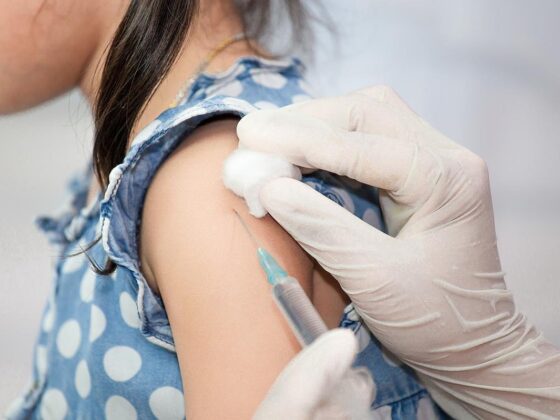Emotions play an integral role in who we are and the lives we live. In the field of psychology, fear, anger, sadness and joy are four of the eight primary emotions. An emotional reaction to an emotion is considered a secondary emotion. For example, an angry person may feel ashamed afterward or an angry child may be fearful given past punishment. In Star Wars, Master Yoda explained secondary emotions perfectly – “fear leads to anger, anger leads to hate, hate leads to suffering.” (The Phantom Menace)
Author Victoria Klein wrote, “Emotions make us human. Denying them makes us beasts.” It is impossible to imagine a life without emotions. There are feelings of joy with the birth of a child, a new job, or completing a household repair with the help of YouTube. And then there are negative emotions such as sadness when a loved one dies, the fear of an unknown situation, anger when your work is not appreciated or deemed unimportant. Together, positive and negative emotions are sewn together into the fabric of our lives. For better, and sometimes for worse, emotions can impact our relationships, how we make (or fail to make) decisions, our reactions to a situation, and play a role in feelings of stress and anxiety.
This Weekends Reading provides information and tools related to decision-making, fear and stress in adults and children, as well as a look at how life is changing.
Check out What do you say to taking chances? for Georgia Tech’s interactive county-level calculator to estimate: 1) risk of attending an event with someone actively infected with Covid-19 and 2) estimated exposure for different size events. This section also includes articles on how we make decisions and assess risk. Next explore Under Pressure and Won’t you please, please help me for articles about stress and anger – and strategies to address these emotions. Lastly, do not forget to explore And now my life has changed in oh so many ways!
I hope you enjoy the following:
1. What do you say to taking chances?
- Georgia Tech: County-Level COVID-19 Event Risk Assessment Planning Tool
- New York Times: Why You’re Probably Not So Great at Risk Assessment
- The Atlantic: The Role of Cognitive Dissonance in the Pandemic
2. Under Pressure
- New York Times: The Pandemic Is Stressing Your Body in New Ways
- New York Times: I Am Going to Physically Explode’: Mom Rage in a Pandemic
- Washington Post: Coronavirus has made already-stressed college students even more anxious and depressed, study finds
3. Won’t you please, please help me?
- Wall Street Journal: Anger Management for an Angry Time
- The Atlantic: Love Is Medicine for Fear
- Washington Post: 5 ways to help teens feel seen and heard in an uncertain time
- New York Times: Worried Your Kid Is Falling Behind? You’re Not Alone – As kids start school with more online learning, parents wonder whether they’ll ever catch up. Here’s how to set them up for success
4. And now my life has changed in oh so many ways
- Washington Post: Blowing out candles is basically spitting on your friends’ cake. Will we ever do it again?
- New York Times: Why We Reach for Nostalgia in Times of Crisis
- Washington Post: The inflatable pool is the official symbol of America’s lost summer
Have a wonderful weekend!
Regards,
Suzanne
Suzanne Daniels, Ph.D.
AEPC President
P.O. Box 1416
Birmingham, MI 48012
Office: (248) 792-2187
Email: [email protected]



